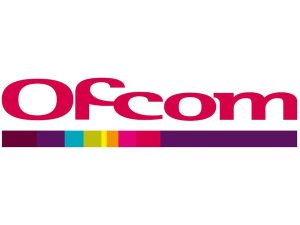Recruitment Process Outsourcing (RPO) can significantly enhance your Talent Acquisition strategy by providing specialised expertise, scalability, and strategic partnership. Here’s how:
Specialised Expertise: RPO providers have dedicated teams of recruiters who specialise in various industries, roles, and skill sets. These experts possess in-depth knowledge of the labour market, industry trends, and sourcing techniques, allowing them to identify and attract high-quality candidates efficiently. By leveraging their specialised expertise, RPO partners, like Omni, can access niche talent pools and ensure high-quality people for your organisation.
Scalability: One of the key advantages of recruitment RPO is its scalability. RPO providers can quickly scale recruitment efforts up or down based on your organisation’s hiring needs. Whether you’re experiencing rapid growth, seasonal fluctuations, or project-based hiring spikes, RPO can adapt to accommodate your changing requirements. This flexibility ensures that you have the right resources in place to meet demand without overburdening your internal HR team or sacrificing recruitment quality.
Cost-Effectiveness: RPO recruitment can offer cost savings when compared to traditional hiring methods. While there may be an initial investment in outsourcing recruitment to an RPO partner, the long-term benefits often outweigh the costs. RPO can help reduce time-to-fill, cost-per-hire, and turnover rates, resulting in overall cost savings for your organisation.
Strategic Partnership: RPO goes beyond transactional recruiting by forging a strategic partnership between the RPO partner, like Omni, and your organisation. At Omni, we become an extension of your employer brand and we work closely to understand business objectives, culture, and talent requirements. This collaborative approach allows RPOs to tailor recruitment strategies that align with your organisation’s goals. By working as an extension of your HR team, RPO providers can provide valuable insights, leading practices, and innovative solutions to help achieve talent acquisition objectives.































